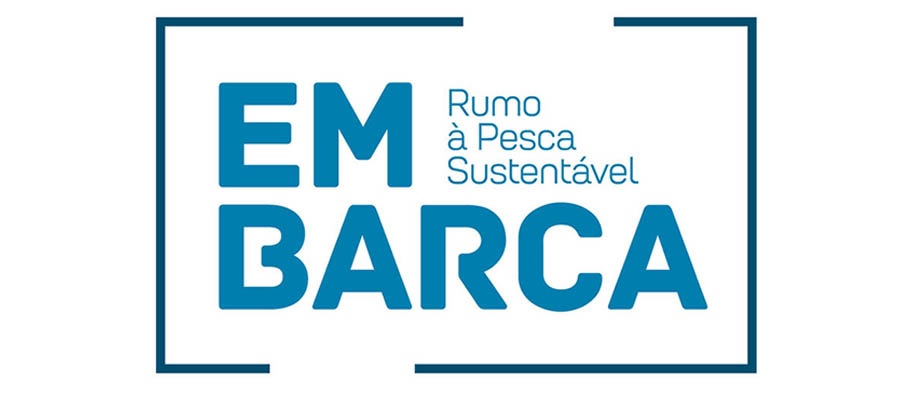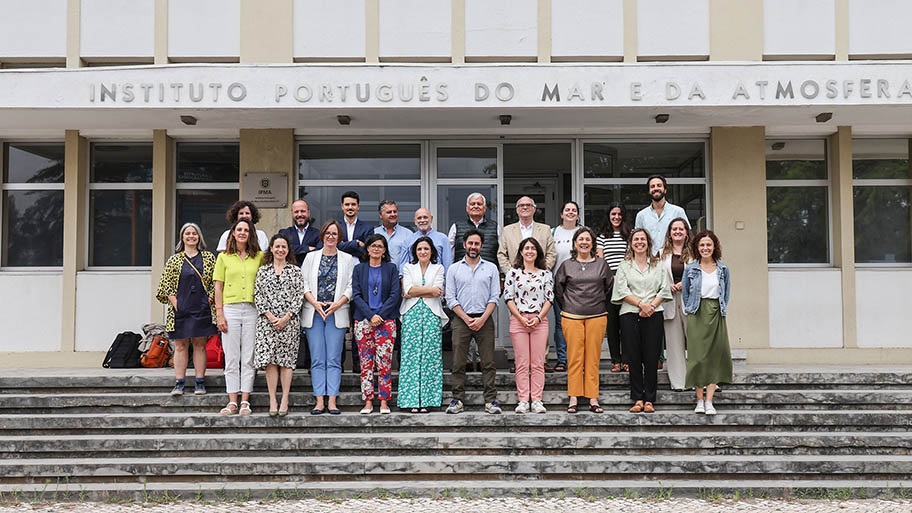The Embarca Project is a vital initiative, supporting Portuguese fisheries in their journey towards sustainability.
What is the project?
The Embarca Project will use the MSC Fisheries Standard as a diagnostic tool for improving the environmental status of Portuguese fisheries.
The project aims to address environmental impacts as well as information gaps by providing the best tools, training materials, and a framework for improving performance. The objective is to bring Portuguese fisheries closer to meeting the MSC’s sustainability standard by defining action plans for improvements and facilitating their implementation.
Embarca is collaborative endeavour, harnessing the active participation of fishers, scientists, retailers, NGOs, and government bodies.

Why this project?
The fishing sector is integral to Portugal's economy and culture. The country’s fishing fleet, which is predominantly small-scale, ranks fourth in Europe (following Greece, Italy, and Spain), with 7,608 fishing vessels.
61,600 jobs are linked to the fisheries sector in Portugal (including fishing, aquaculture, processing, and the marketing of products).
Transition towards sustainability will significantly benefit coastal communities' livelihoods and the biodiversity of the ecosystem they work in.
How does it work?
The Embarca Project provides a structure and platform to unite stakeholders, enabling Portuguese fishers to make their practices more sustainable, paving the way for a thriving and resilient fishing sector.
The project works in four stages:
Stage 1 |
Stage 2 |
Stage 3 |
Stage 4 |
|
| Mapping | Pre-assessments | Action plans | Implementation | |
| What? | Mapping fisheries operating within the Portuguese Continental Shelf. | Assessing baseline performance and identifying areas for improvement. | Developing action plans to improve fisheries' performance against the MSC indicators. | Implement agreed action plans that will drive fisheries performance closer to the level of the MSC standard, improving their ecological performance. |
| How? | Building fisheries profiles through desk research and stakeholder interviews. | Conducting large-scale gap analysis of fisheries' performance against the MSC Standard. | Agreeing on actions and stakeholders' responsibilities to address gaps defined in Stage 2. | Identify a coordinator for action plan implementation who may be led by fisheries, scientists, administration agencies, and other stakeholders. |
| By whom? | External experts. | External experts. | Collaborative stakeholder effort. | Collaborative stakeholder effort. |
Associated fisheries
The MSC, in collaboration with the project’s Advisory Council, selected the following fisheries to proceed to Stage 2: pre-assessments.
Based on the MSC Fisheries Standard, five species from four Portuguese mainland fisheries were assessed. The pre-assessment reports were conducted by Kiwa Spain SLU, an Accredited Certification Body (CAB).
Selected Units of Assessment (fisheries):
- Atlantic horse mackerel purse seine
- Atlantic chub mackerel purse seine
- Small-scale surf clam dredge from Setúbal
- Artisanal deep-water black scabbardfish longline
- Algarve octopus pots & traps
Reports
You can final all project outcomes and reports on the Portuguese Embarca page.Who is involved?
The project's Advisory Council is made up of representatives from the main players linked to the fisheries sector and from organisations interested in promoting and improving the sustainability of Portuguese fisheries.





-500.tmb-thumb300.jpg?Status=Master&Culture=en&sfvrsn=651ac8e5_1)